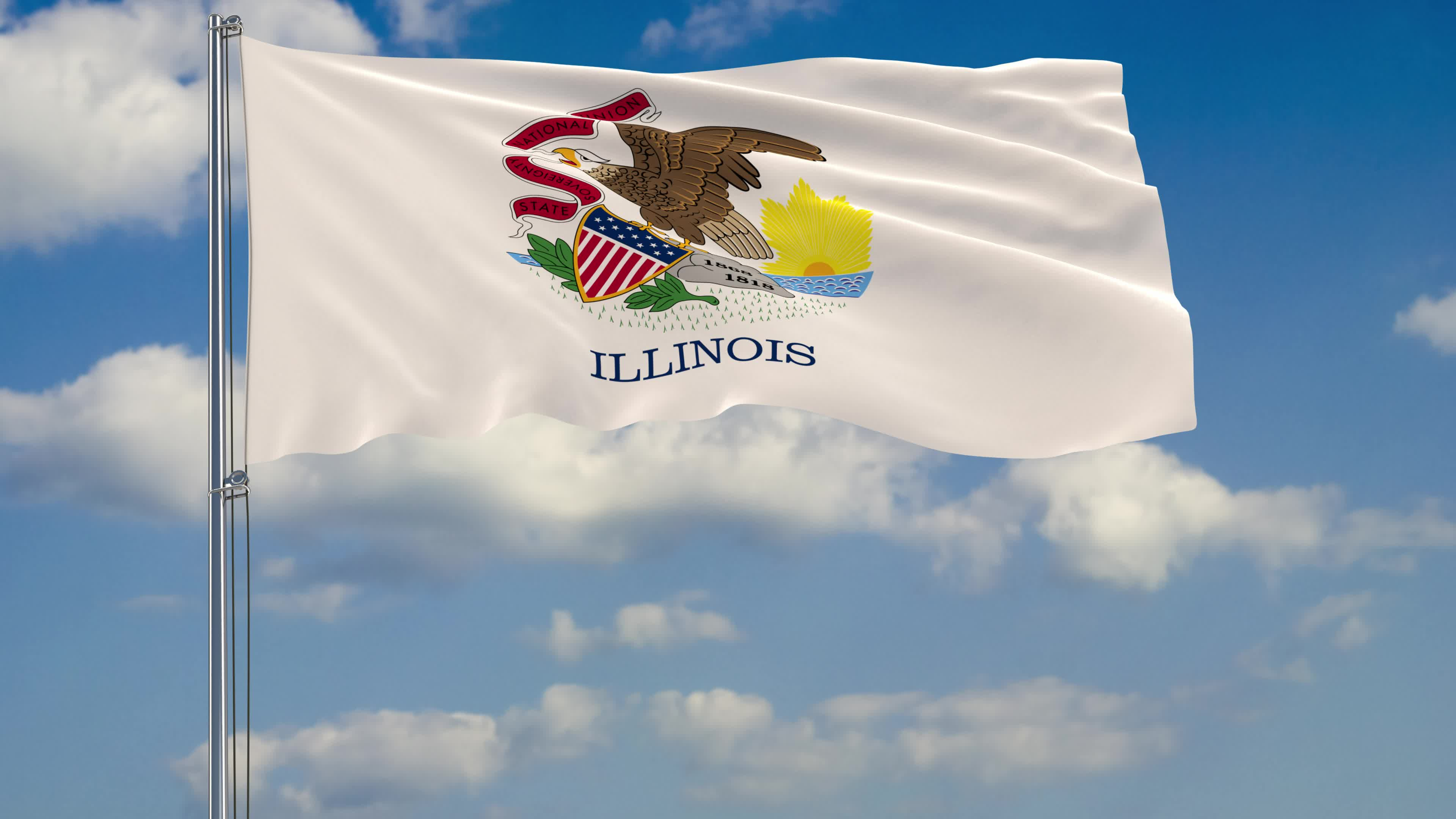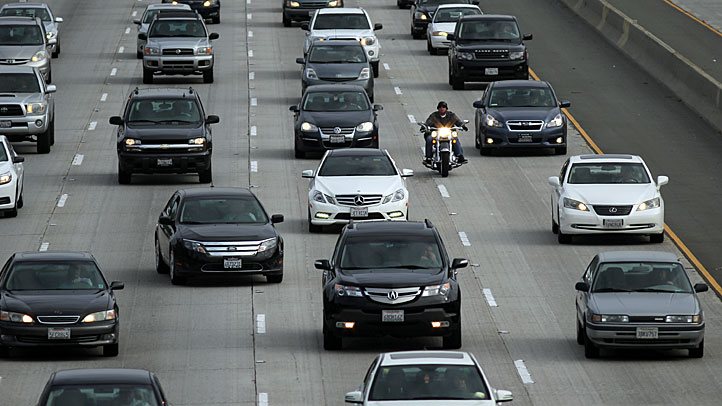Illinois' Paid Leave for All Workers Act is set to begin in the new year, meaning nearly all workers in the state of Illinois will officially be guaranteed at least one week of paid leave, but who will be eligible and when?
While the bill will cover nearly all workers in the state starting on Jan. 1, there will still be some exceptions, and requirements for securing the time.
Here's what you should know:
Who will and won't be eligible for paid leave?
Employees who have worked for a company for at least 90 days are eligible for a minimum of 40 hours of paid leave per year.
Seasonal workers, such as lifeguards, will be exempt, as will federal employees or college students who work non-full-time, temporary jobs for their university.
How many hours of paid leave can workers get?
As part of the Paid Leave for All Workers Act, nearly all Illinois employees will be eligible for a minimum of 40 hours of paid leave per year. Employers can offer more if they choose to do so.
Feeling out of the loop? We'll catch you up on the Chicago news you need to know. Sign up for the weekly Chicago Catch-Up newsletter.
Workers will accrue one hour of leave for every 40 hours worked.
When can workers start using their time?
Employees can start using the time once they have worked for 90 days, the legislation says. That means that starting on March 31, 2024, or 90 days after they begin their employment, workers can begin using their earned time off for any reason without the requirement of providing documentation to their employer, according to the Illinois Department of Labor.
What can the paid leave be used for?
Unlike similar bills in other states, the expansive paid leave legislation requires Illinois employers to give workers time off based on hours worked, to be used for any reason — not just for health reasons.
"If the use of leave is unforeseeable, an employee is directed to provide notice as soon as practicable," a release from the Illinois Senate Democrats states.
What if all of the hours aren't used?
The legislation also says that unused paid leave must carry over annually, up to 40 hours, but that "employers are not required to cash out the balance of an outgoing employee's paid leave," the release continues.
"Employers that violate the act would be subject to penalties, including fines and compensatory damages for the affected employee," the bill says.
How will workers be paid?
Workers will be paid their full wage while on leave and tipped workers will be paid the minimum wage in their respective locale. An employer cannot require an employee to find their replacement for the leave.
What about Chicago and Cook County?
Ordinances in Cook County and Chicago already require employers to offer paid sick leave, and workers in those locations will continue to be covered by the existing laws rather than the new bill.
The Chicago and Cook County ordinances served as pilot programs for the statewide legislation, and assuaged critics who predicted mass business closures that didn’t come to fruition, said Sarah Labadie, director of advocacy and policy at Women Employed, a nonprofit that has fought for paid leave since 2008 and helped push through the legislation.
But both have been the subject of some changes in recent weeks.
Read more here.



